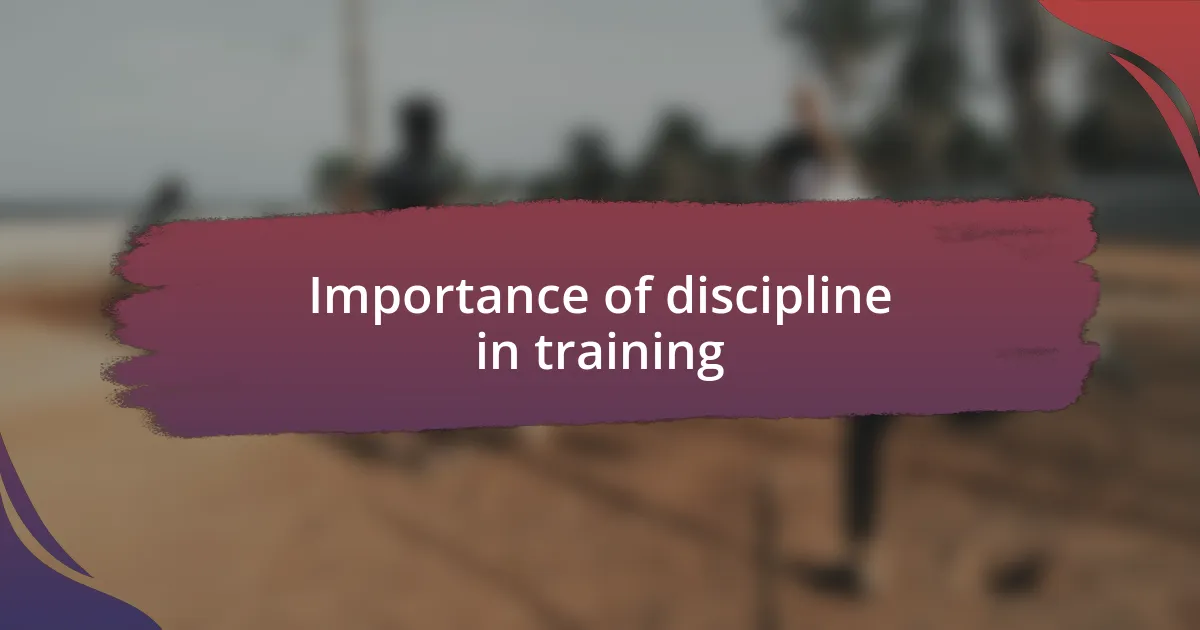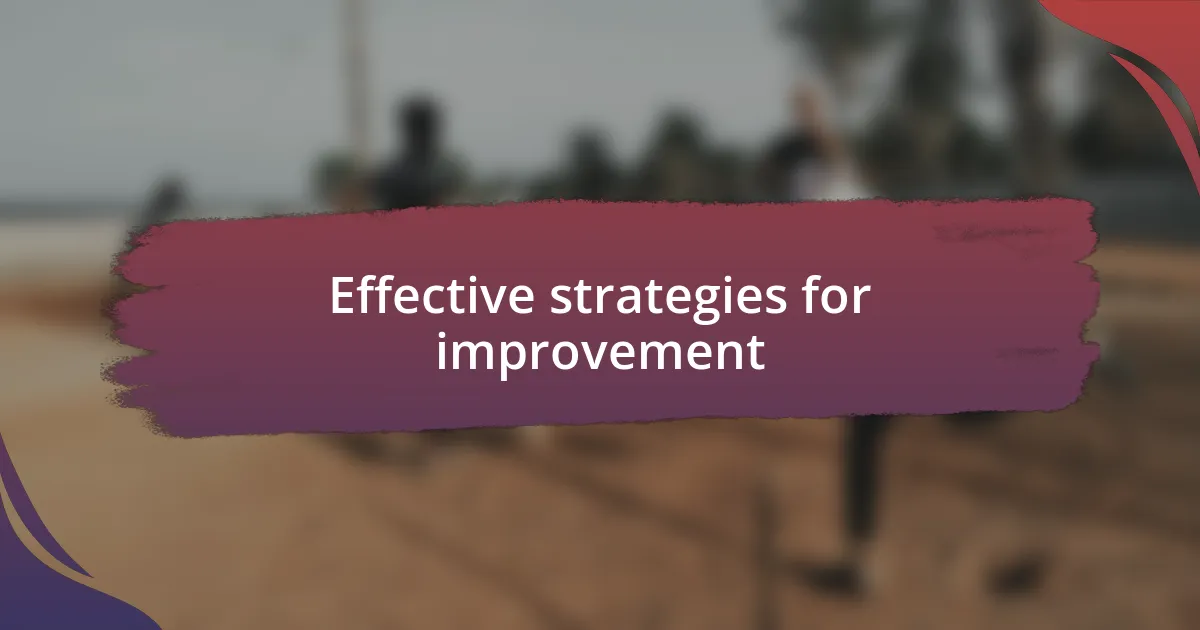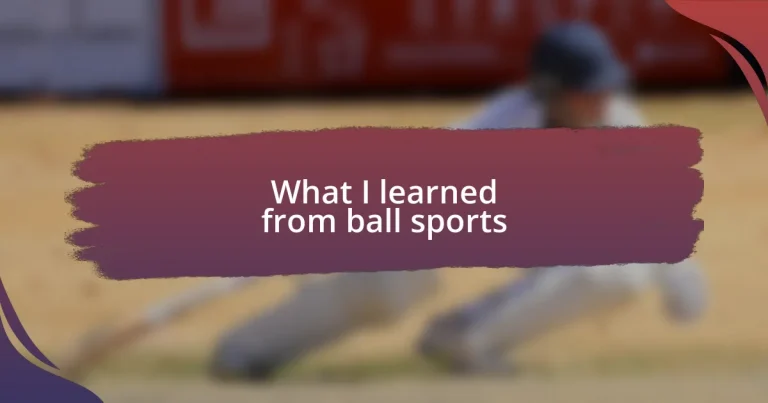Key takeaways:
- Ball sports improve physical skills, teamwork, and social connections, fostering life skills and confidence.
- Discipline in training develops persistence, strengthens work ethic, and encourages accountability among teammates.
- Competing teaches resilience and sportsmanship, emphasizing growth from setbacks and the importance of relationships.
- Lessons from sports enhance decision-making and adaptability in personal and professional challenges, strengthening social connections.

What are ball sports benefits
Playing ball sports offers a multitude of benefits that extend beyond physical fitness. I still remember the thrill of scoring my first goal in soccer; it taught me discipline and the importance of teamwork. Isn’t it fascinating how a simple game can cultivate such valuable life skills?
Engaging in ball sports helps develop coordination and agility, which are essential not just in sports but in everyday activities. I often find myself recalling those intense basketball drills I practiced as a kid; they improved my reflexes and balance immensely. Have you ever noticed how mastering a skill in one area can boost your confidence in others?
Moreover, ball sports foster social connections that can last a lifetime. I’ve made some of my closest friends on the basketball court, sharing laughter and challenges while building a supportive community. Isn’t it rewarding to know that these experiences not only promote health but also strengthen our bonds with others?

How teamwork enhances performance
When I think about the synergy created through teamwork in ball sports, I can’t help but feel a sense of exhilaration. In team settings, each player’s unique strengths contribute to a common goal, which often leads to elevated performance levels. I vividly remember a volleyball match where a perfectly timed set allowed our team to execute a flawless play. That moment showcased how collaboration amplifies our abilities and leads to success beyond individual prowess.
Here are some key ways teamwork enhances performance in ball sports:
- Collective strategy: Working together allows teams to devise strategies that harness each player’s skills.
- Enhanced communication: Regular practice fosters open dialogue, ensuring everyone knows their role.
- Shared motivation: A strong team spirit encourages members to push each other to exceed their limits.
- Accountability: Teammates rely on one another, creating a sense of responsibility that elevates individual effort.
- Resilience: Facing challenges together builds camaraderie, helping teams rebound from setbacks more effectively.
Every time I stepped onto the field, I felt that energy—a reminder that we were all in it together, working towards a shared aspiration.

Importance of discipline in training
Discipline is the backbone of effective training in ball sports. From my experience, sticking to a consistent practice schedule transforms not just skills but also mindset. I recall specific days when I struggled to get out of bed early for morning drills; however, each session made me not just better at the sport but also instilled a sense of purpose and achievement that propelled me forward.
When I look back, I remember how discipline allowed me to push through fatigue and self-doubt. I often felt like giving up, especially during grueling training sessions. Yet, it was during those tough moments that I learned the importance of persistence. This mindset shift didn’t just improve my athletic performance; it spilled over into other areas of my life, shaping my character and resilience.
There’s something remarkable about adhering to a disciplined approach. It cultivates a strong work ethic that reinforces a sense of responsibility toward both oneself and the team. During one season, those of us who committed to our training schedules found ourselves achieving milestones we once thought unattainable. The progress we made over that time was tangible, creating a ripple effect of motivation throughout the entire squad.
| Aspect | Discipline in Training |
|---|---|
| Consistency | Regular practice leads to skill improvement. |
| Mindset | Develops persistence and resilience in athletes. |
| Team Responsibility | Encourages accountability and mutual support. |

Effective strategies for improvement
One effective strategy for improvement in ball sports is setting specific, measurable goals. I remember the thrill of creating a checklist of skills I wanted to master before the season ended. Each time I ticked off a completed skill, it felt like a mini-victory, fueling my motivation and reinforcing the idea that progress is tangible and attainable.
Another approach that greatly impacted my performance was seeking constructive feedback from coaches and peers. I sometimes hesitated to ask for help, fearing I might look uninformed. However, those moments of vulnerability led to valuable insights that helped refine my techniques. It’s interesting to note how embracing a growth mindset can turn criticism into a powerful tool for improvement rather than a setback.
Finally, incorporating varied practice routines kept training fresh and engaging. During one particularly mundane week, I decided to mix up my drills with fun challenges and competitions. Not only did this spark enthusiasm among my teammates, but it also revealed untapped skills I didn’t know I had. Have you ever discovered something new about yourself through play? It’s these moments of exploration that often lead to significant breakthroughs.

Lessons learned from competition
Competing in ball sports has taught me a lot about resilience. I can still recall a tournament where we lost a nail-biter in the final minutes. Instead of wallowing in disappointment, my teammates and I rallied together, reflecting on what went wrong and how we could improve. That experience was a wake-up call; I realized that setbacks are often the best teachers, and I began to embrace them as opportunities to grow stronger.
I also learned the importance of sportsmanship through competition. There was a moment during a closely contested game when an opponent unintentionally knocked me down. Instead of suffering in silence, I found encouragement in their sincere apologies and offered my hand to help them up. That incident solidified my belief that respecting others, win or lose, fosters better relationships and creates a more positive environment. Have you ever experienced a moment of connection with a rival that shifted your perspective on competition?
Moreover, I discovered that the thrill of competition isn’t just about winning; it’s about the journey. There was a season when our team faced relentless challenges, but the friendships formed during those tough times became the highlight for me. We cheered each other on, shared laughter, and grew closer as we pushed through adversity. In the end, it was those bonds that made our collective experience so meaningful, reinforcing that the true victory lies in collaboration and support.

Applying insights beyond sports
Competing in ball sports has profoundly shaped how I approach challenges outside of the game. I recall preparing for a job interview and channeling the adrenaline I felt during tense moments on the court. The nerves transformed into excitement as I remembered that just like in sports, preparation and teamwork are keys to success. How often do we let fear of failure hold us back? In those moments, I realized that embracing the challenge could lead to unexpected achievements.
One aspect that stands out to me is the decision-making skills honed on the field. During a match, I often had to make split-second choices—pass, shoot, or defend. This has translated into my career, where quick, informed decisions often determine the trajectory of a project. I’ve learned that in both arenas, being adaptable is crucial. Isn’t it interesting how a ball can teach you to pivot in life?
Furthermore, the camaraderie developed with teammates is a valuable takeaway that resonates in my personal relationships. Just like sharing the highs and lows during a game can bring a team closer, celebrating milestones with friends fosters deeper connections. I’ve come to appreciate that investing in these relationships can lead to a stronger support network. Have you noticed the parallels between your personal connections and those built through shared experiences in sports? The bonds formed through teamwork can truly enrich our lives beyond the field.



